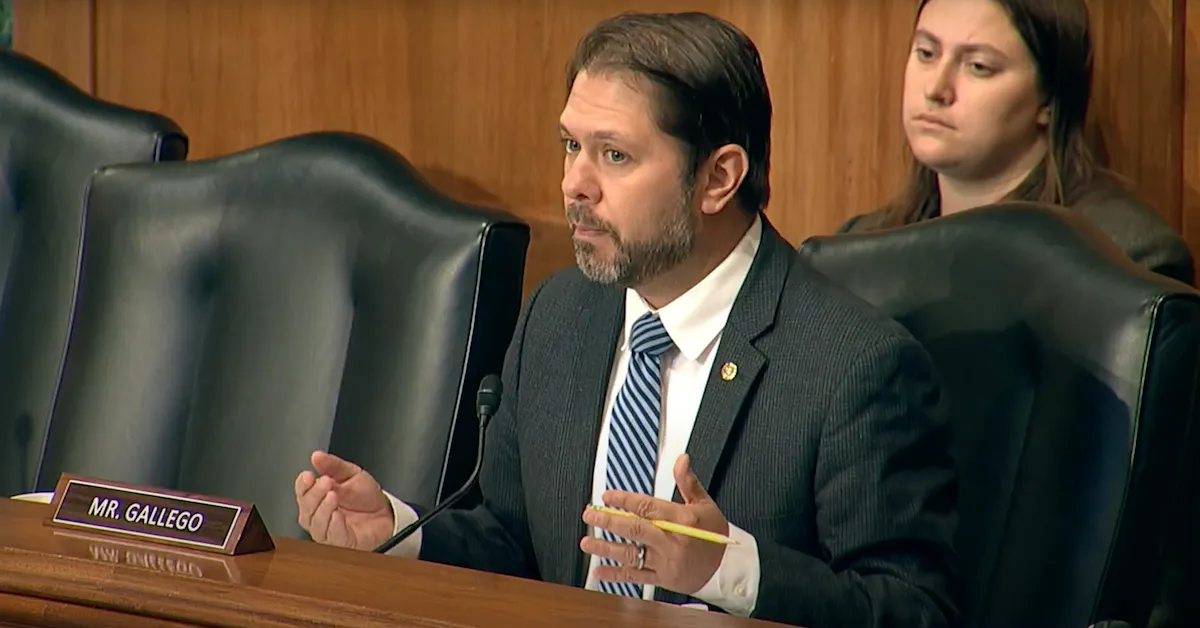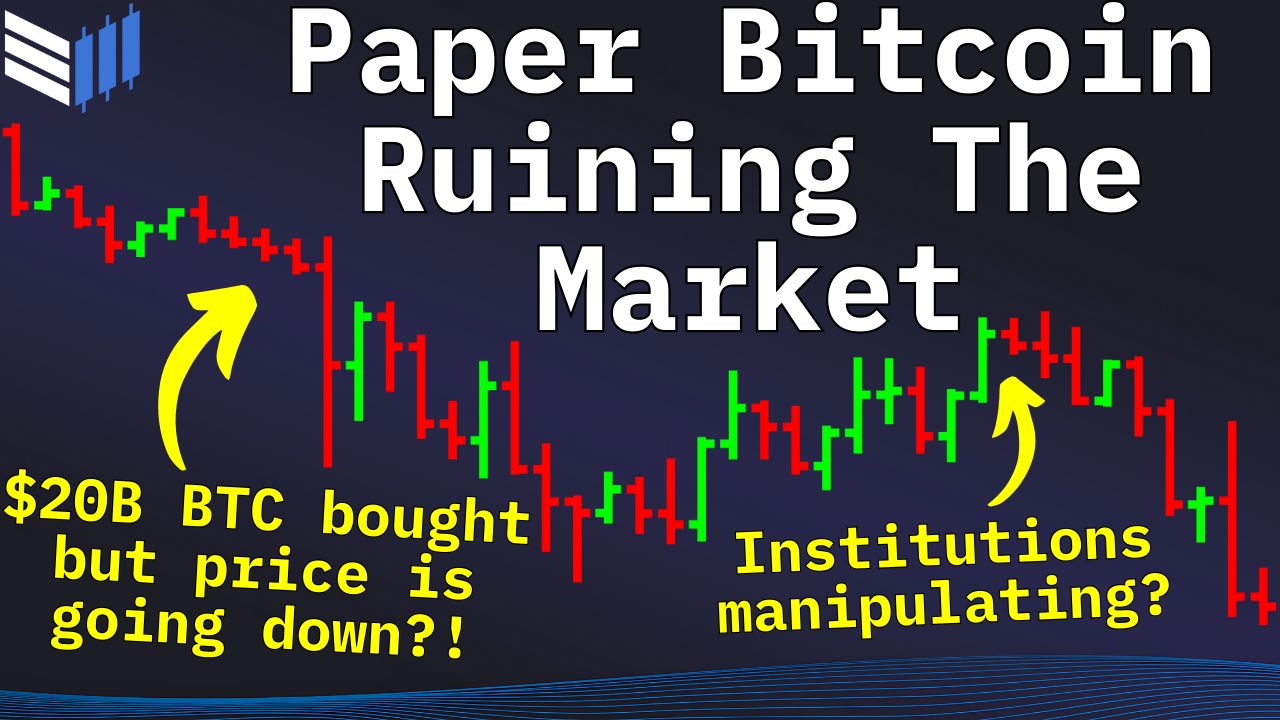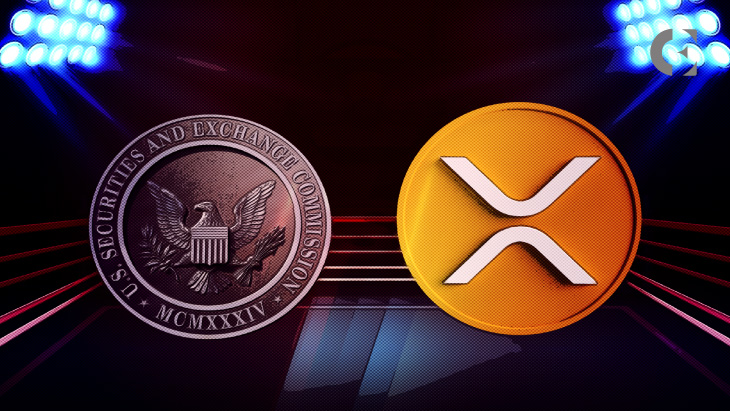Why Exchanges Freeze Your Funds: Real Cases and Risks
The post Why Exchanges Freeze Your Funds: Real Cases and Risks appeared on BitcoinEthereumNews.com. ScanMyWallet.Network — an aggregator of services for checking cryptocurrency wallets for AML (Anti-Money Laundering) risks. The platform brings together almost all the most popular tools in one place, allowing users to quickly scan an address before sending funds to an exchange or crypto service, completely free of charge. In 2024–2025, more and more crypto exchanges are tightening rules and automatically freezing user funds, often without warning. For example, WazirX froze over $3 million in user assets after a hack, citing ecosystem protection. U.S. authorities also seized $26 million from Garantex, linking addresses to money laundering operations. The reason? Compliance. Reputation. If your wallet receives “dirty” coins from sanctioned addresses, hackers, or mixers, exchanges are obligated to take action. OFAC sanctions, Tornado Cash links, or suspicious transaction chains — all of these matter. What does this mean for users? There is a high probability of losing access to your funds, even if you are innocent. Unlocking can be long, difficult, and sometimes impossible. And most likely, the user will be asked to provide proof of the origin of your assets. What to do? Before you send crypto to an exchange, scan your wallet for risks. In today’s world, checking crypto wallets for transaction integrity is a necessity, not a privilege. Wallet scanning services all in one place at scanmywallet can check addresses against mixers, hacks, sanction lists, and more. This aggregator is a convenient tool for assessing crypto risks before interacting with exchanges. With AML policies becoming stricter, such checks help avoid frozen funds and financial lockouts. Always scan your wallet before sending to a CEX — it takes a minute but could save you months of disputes. How it works? 1. Select a blockchain – Supports Bitcoin (BTC), Ethereum (ETH), Tron (TRX), BSC, and more. 2. Enter your wallet address…

The post Why Exchanges Freeze Your Funds: Real Cases and Risks appeared on BitcoinEthereumNews.com.
ScanMyWallet.Network — an aggregator of services for checking cryptocurrency wallets for AML (Anti-Money Laundering) risks. The platform brings together almost all the most popular tools in one place, allowing users to quickly scan an address before sending funds to an exchange or crypto service, completely free of charge. In 2024–2025, more and more crypto exchanges are tightening rules and automatically freezing user funds, often without warning. For example, WazirX froze over $3 million in user assets after a hack, citing ecosystem protection. U.S. authorities also seized $26 million from Garantex, linking addresses to money laundering operations. The reason? Compliance. Reputation. If your wallet receives “dirty” coins from sanctioned addresses, hackers, or mixers, exchanges are obligated to take action. OFAC sanctions, Tornado Cash links, or suspicious transaction chains — all of these matter. What does this mean for users? There is a high probability of losing access to your funds, even if you are innocent. Unlocking can be long, difficult, and sometimes impossible. And most likely, the user will be asked to provide proof of the origin of your assets. What to do? Before you send crypto to an exchange, scan your wallet for risks. In today’s world, checking crypto wallets for transaction integrity is a necessity, not a privilege. Wallet scanning services all in one place at scanmywallet can check addresses against mixers, hacks, sanction lists, and more. This aggregator is a convenient tool for assessing crypto risks before interacting with exchanges. With AML policies becoming stricter, such checks help avoid frozen funds and financial lockouts. Always scan your wallet before sending to a CEX — it takes a minute but could save you months of disputes. How it works? 1. Select a blockchain – Supports Bitcoin (BTC), Ethereum (ETH), Tron (TRX), BSC, and more. 2. Enter your wallet address…
What's Your Reaction?




































![5 Best Crypto Casinos Without KYC in 2025 [Instant Play & Anonymous]](https://i2.wp.com/images.cryptodaily.co.uk/space/clipboard-image-1751842386.png?#)



